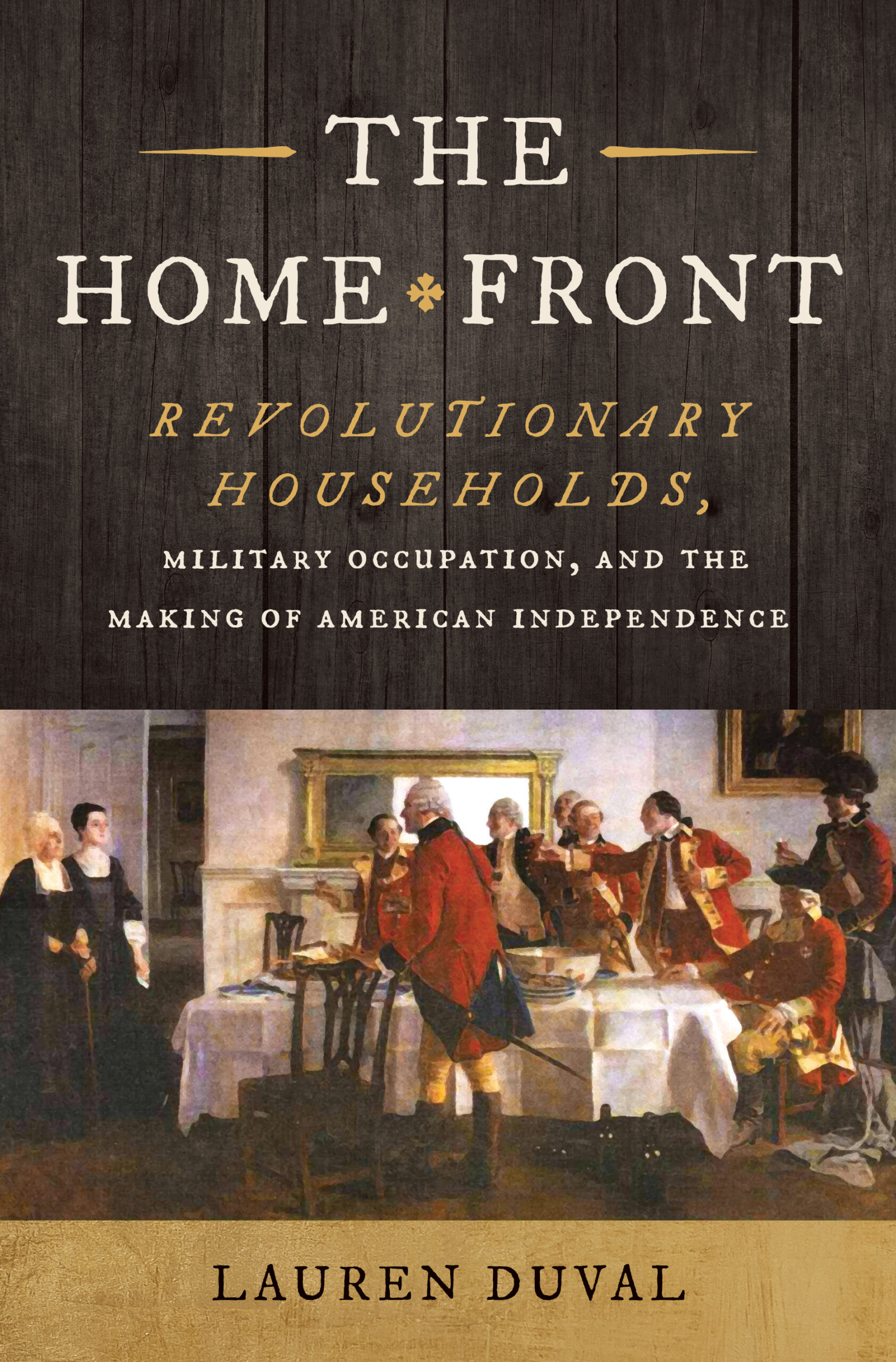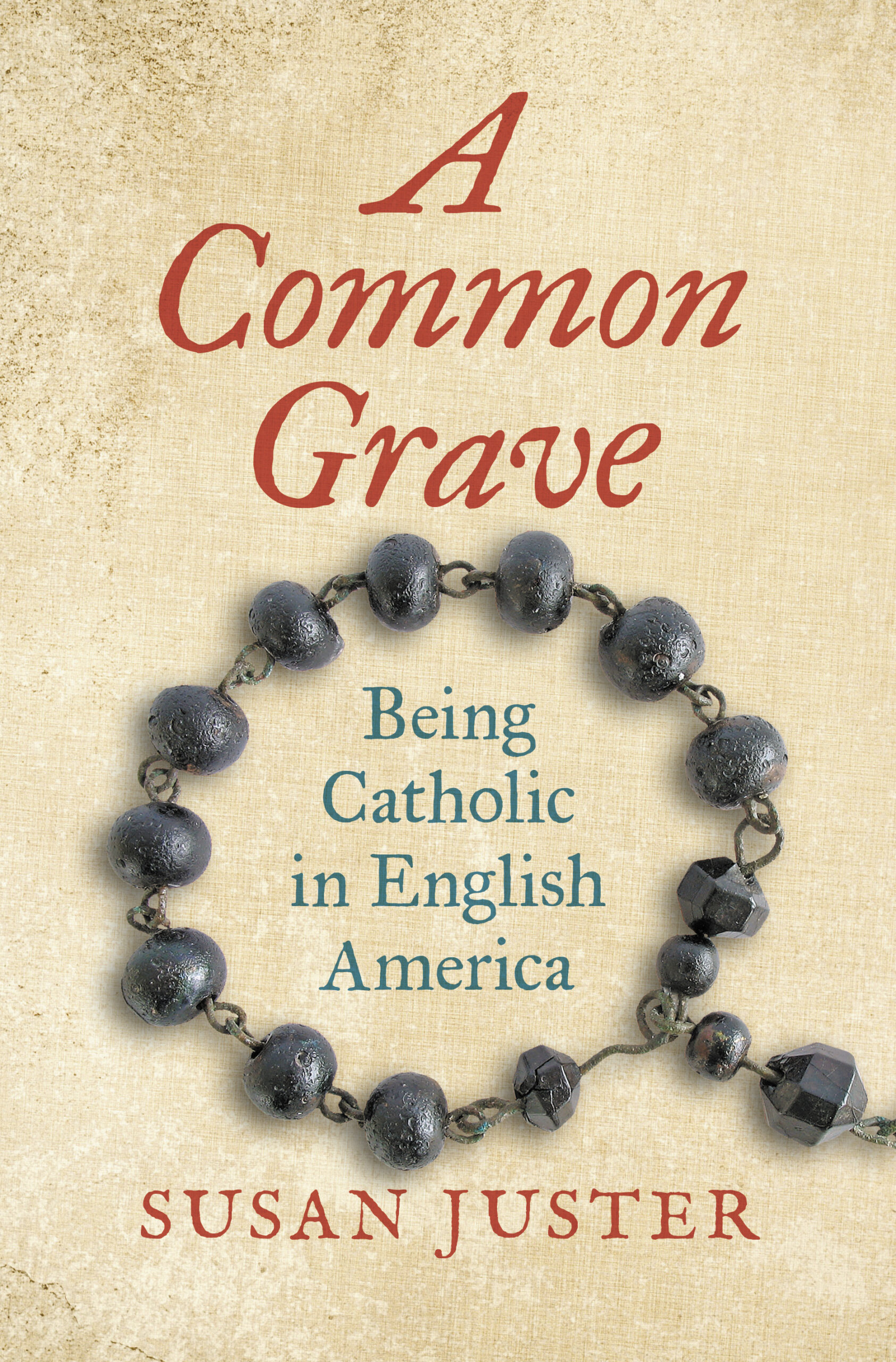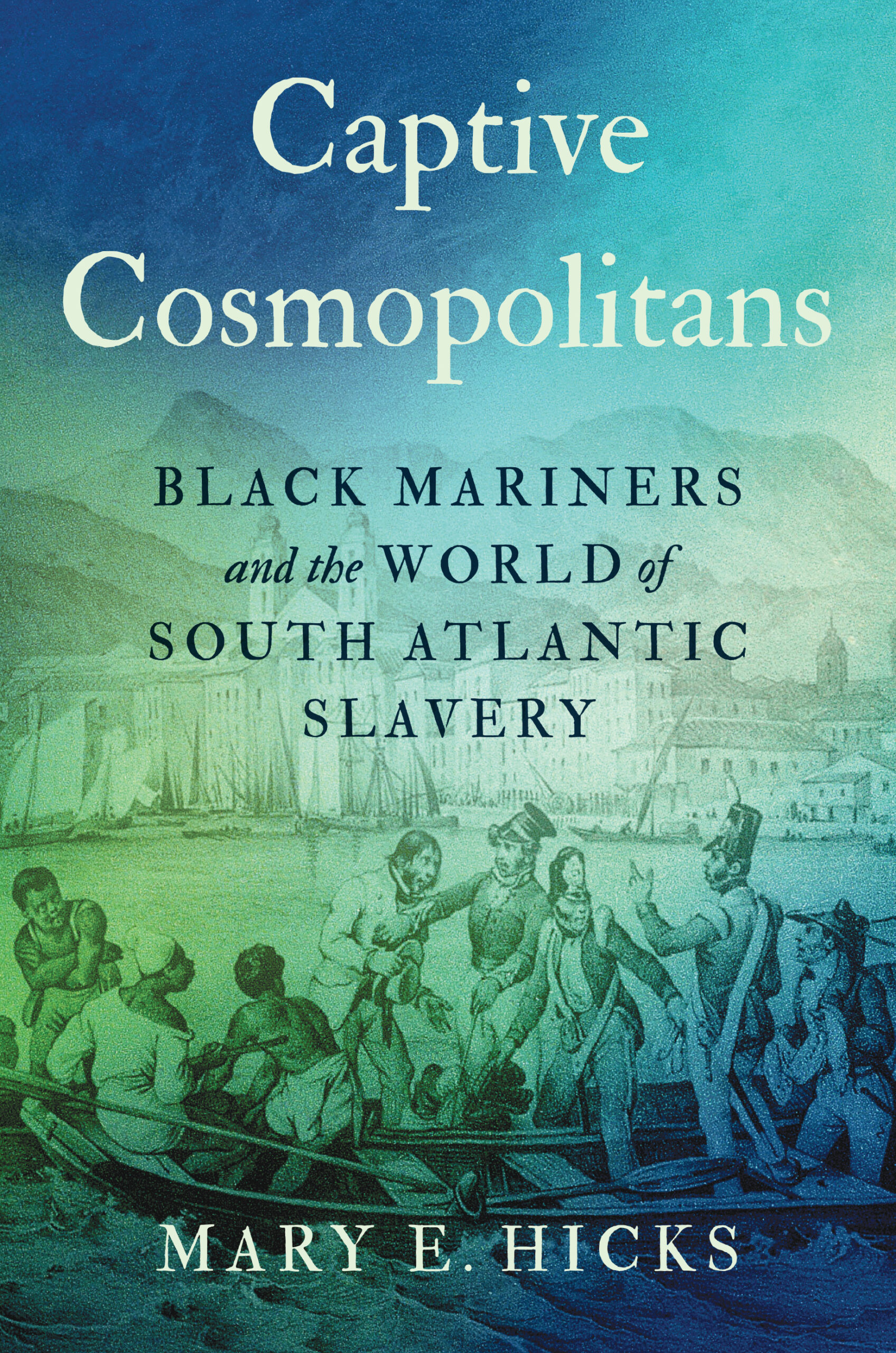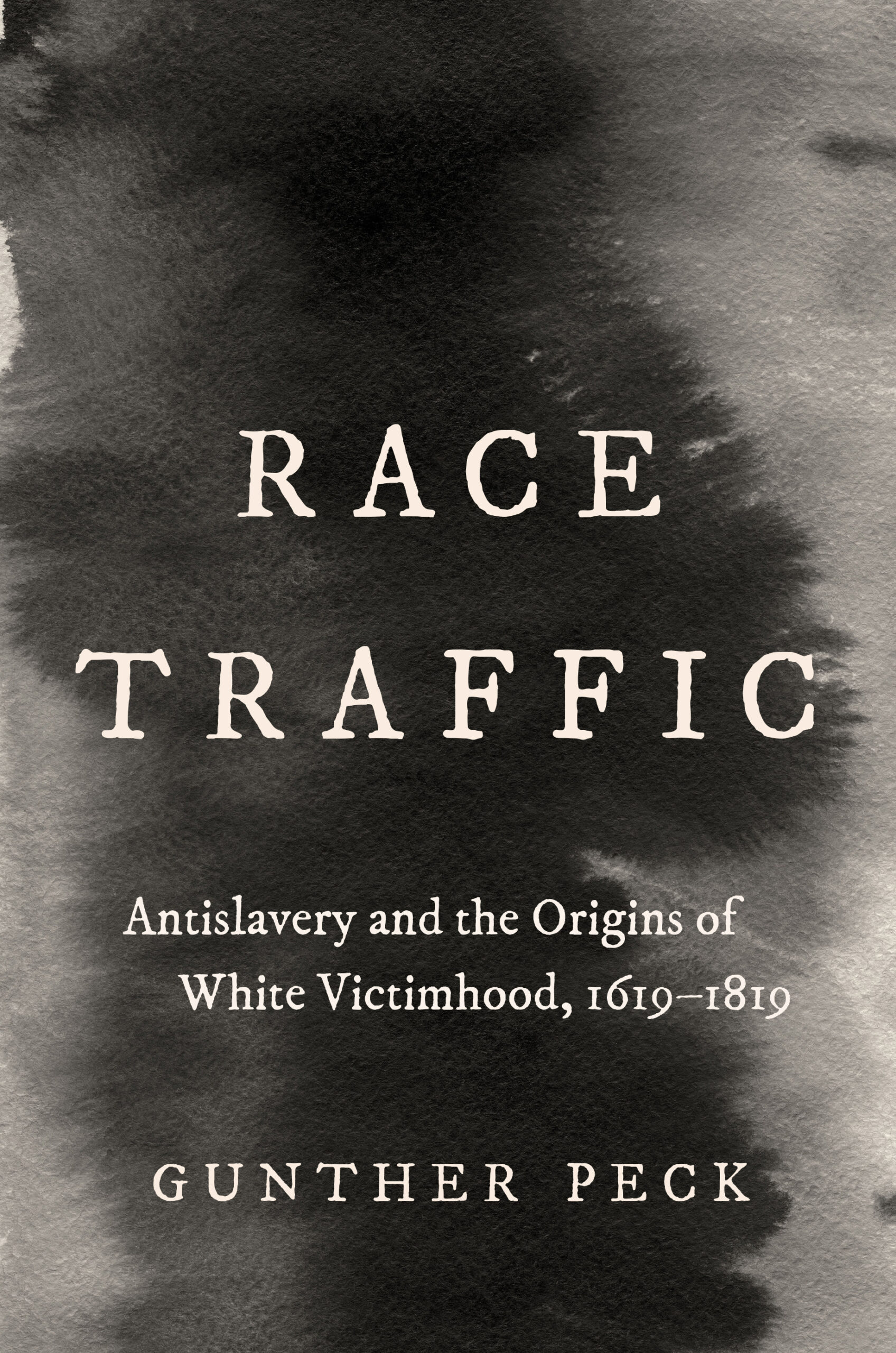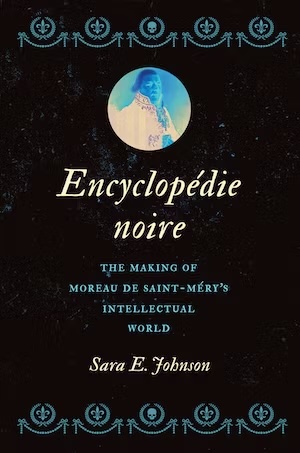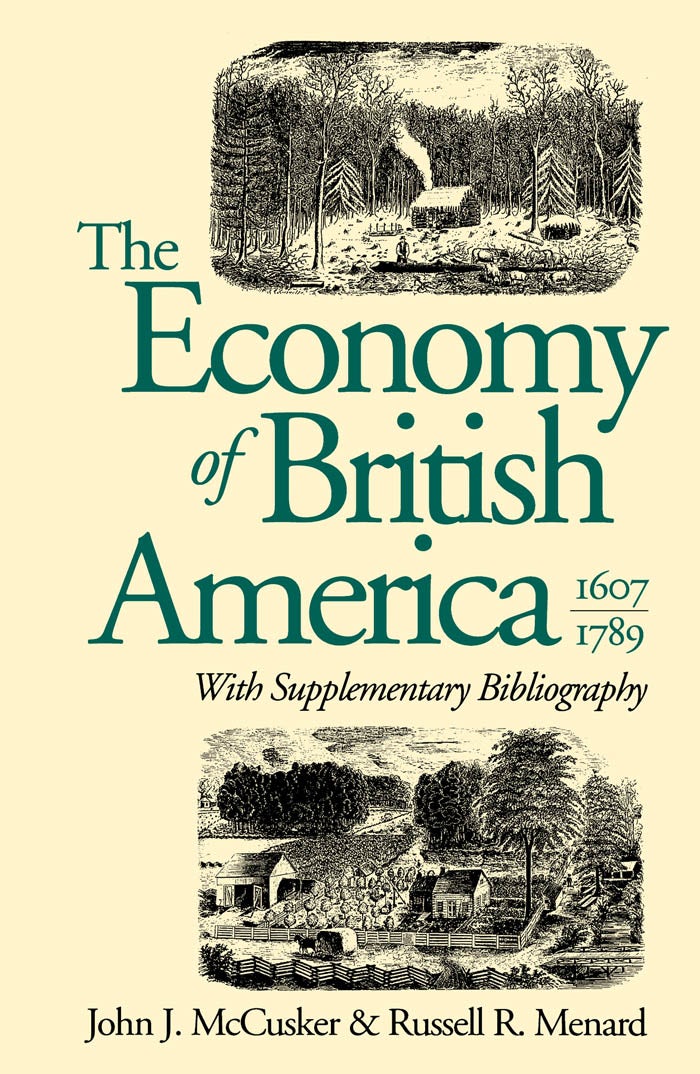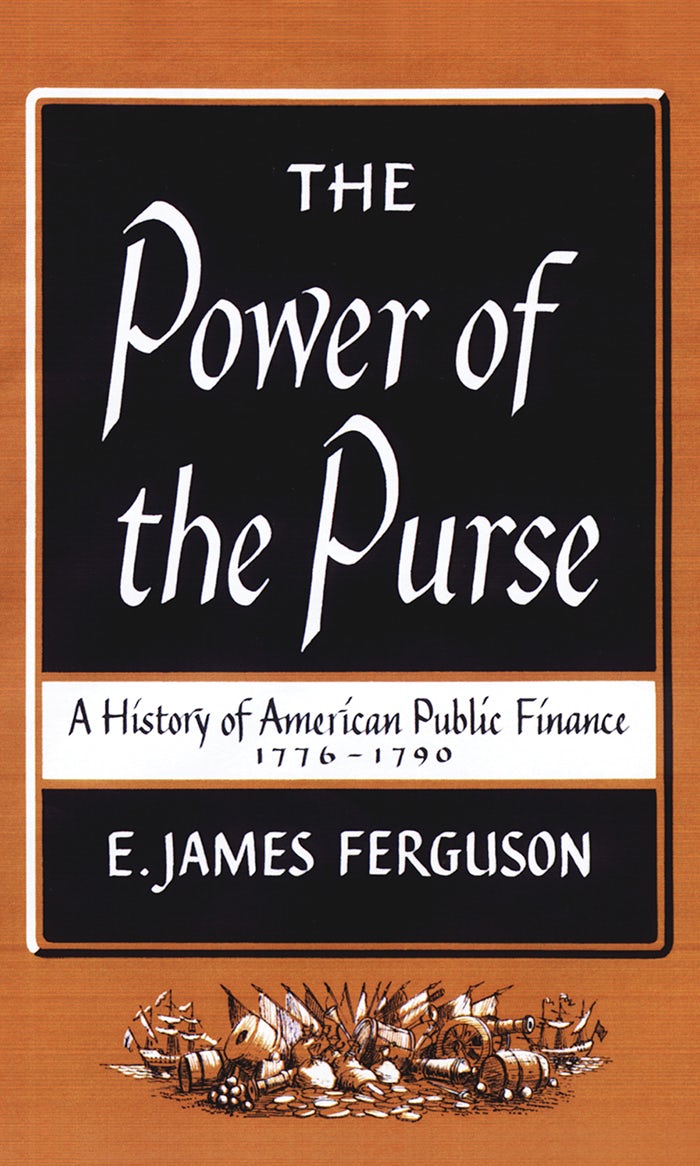
The Power of the Purse
Description
In The Power of the Purse, E. James Ferguson examines the intricate financial history of the American Revolution and the Confederation and connects it to political and constitutional developments in the period. Whether states or Congress should pay the debts of the Revolution and collect the taxes was a pivotal question whose solution would largely determine the country’s progress toward national union. Ultimately, says Ferguson, the Revolutionary debt fulfilled an important purpose as a “bond of union.” Ferguson’s masterful analysis, originally published in 1961, has become a classic among the literature on the American Revolution.
About The Author
E. James Ferguson (1917-2002) was professor of history emeritus at Queens College of the City University of New York. He was author or editor of nine other books, including five volumes of The Papers of Robert Morris, 1781-1784.
Reviews
“Careful and thorough research, clear statements of fact, a judicial temper, and a mastery of confusing detail help to make Ferguson’s book an outstanding one, the best study of national finances during the formative years of the Republic.”–The American Historical Review
“A brilliant and comprehensive description of American finance during the Confederation period.”–The Economic History Review
“With an admirable mastery of the intricacies of early American public finance, Ferguson studies closely the technical problems of financing the war with paper money and requisitions, the clash of political faiths growing out of efforts to achieve national unity, the political and social tendencies of Robert Morris’ counterrevolution in finance, the political aims behind the state assumption of the federal debt in the postwar period, and the complex issues of the funding and assumption of 1790. . . . No student of the years from 1776 to 1790 can with impunity neglect Mr. Ferguson’s book.”–The New England Quarterly
“This work easily ranks among the handful of truly important books ever published on the period.”–Journal of Southern History
“Ferguson has combined scholarship and restrained judgment in admirable fashion.”–The Journal of Economic History
“Ferguson has written a book which will be regarded with respect long after other works dealing in whole or in part with the ‘economic origins’ of the constitution have declined into obscurity. . . . It is a model of judiciousness, never hesitating to assert what the evidence seems to warrant, yet careful always not to base a conclusion on partial or doubtful evidence.”–The English Historical Review
“The book is the most thoroughgoing account of the financial history of the period. Professor Ferguson is to be congratulated for his successful effort to enrich our collections of quantitative data, including an estimate of the financial cost of the Revolutionary War to the United States.”–The William and Mary Quarterly
